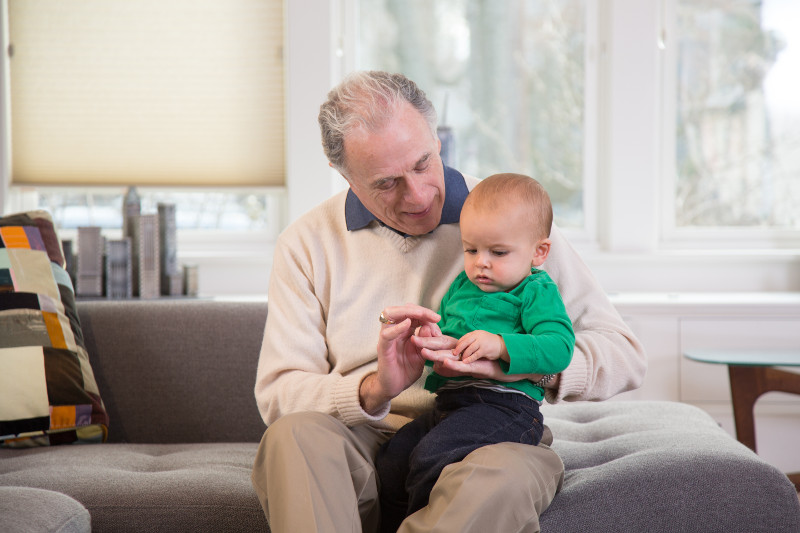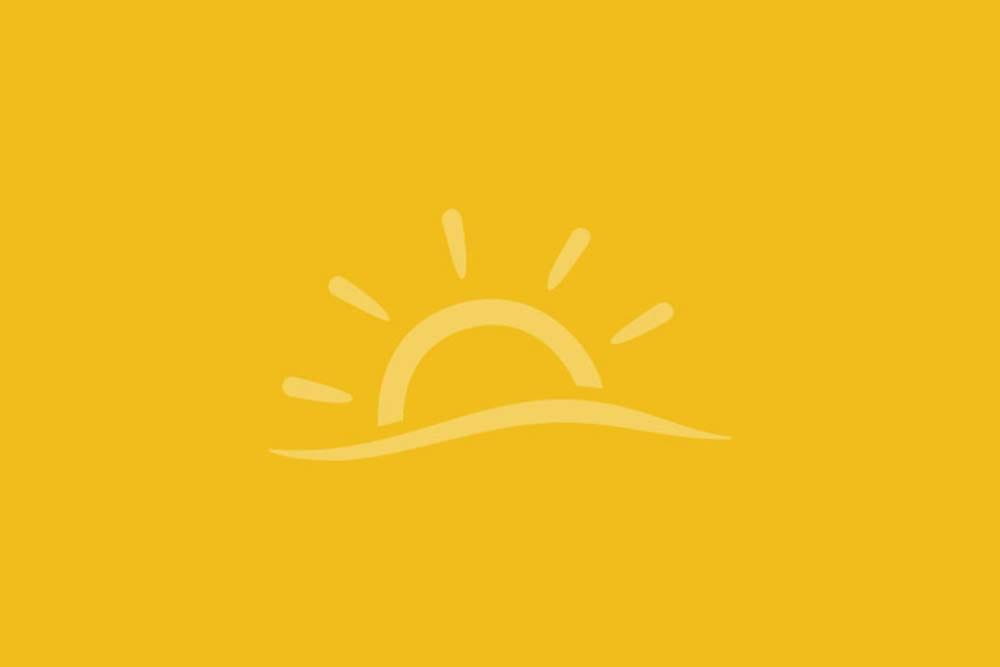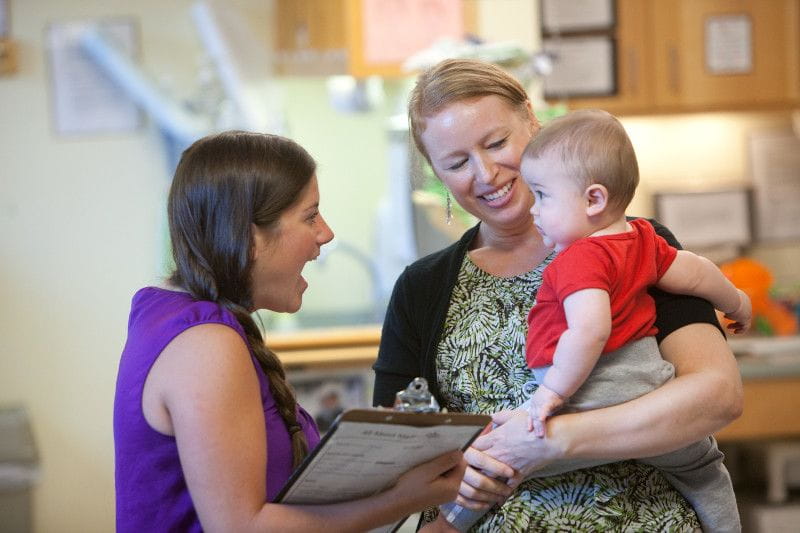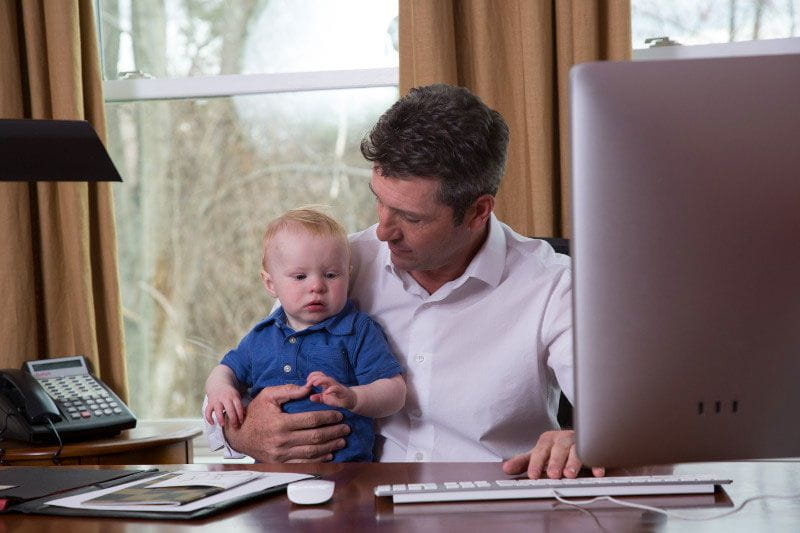One of the unmistakable employee benefits trends in modern workplaces is the rise of flexibility.
Millennials crave it.
Working parents need it.
And pretty much everyone ranks it at the top of their benefits wish lists. But is flexibility really serving all of us? Paul Rupert says, no.
But such limited elasticity -- what he calls "neo-rigidity" -- fails to address the growing numbers of people responsible for elderly relatives.
For them, caregiving isn't so tidy. There's a matter of distance (parents and adult children often don't live close together) and urgency (injuries and illness happen out of the blue). Put them together and you have a battalion of caregivers who have to be ready and willing to fly in 15 minutes or less, all the while staying up with their work to support employers, and keep their own lights on at home.
Yet such challenges aren't things your average flex policy is ready to handle. "What these people need," he told me recently, "is a very consistent, deep, and random form of flexibility that rolls with people...and that few employers offer."
A new kind of flexibility that includes reduced schedules and phased retirement (focused on the portion of their work identified by managers as "essential") would both keep them in the workforce and preserve their self-sufficiency -- good news for everyone. "You've got this group of people age 55 to 65 -- an especially large segment of the workforce, " he says, "who are not only wanting to work for themselves, but they're having to support their families." It's in our economic best interests to let them.
"Companies are failing to meet the needs of some of their most experienced and talented workers across the generations," wrote Sarita Gupta and Ai-Jen Poo on Harvard Business Review recently. "What's more, they risk losing these workers to companies that are on the cutting edge of responding and adapting to caregiving responsibilities brought on by an aging nation." In single-digit unemployment, those are talent losses employers can ill afford, making effective elder policies that keep people worth their weight in gold.
Yet there's more than just retention at stake. Boomers like Paul's neighbors represent valuable knowledge -- something else employers can ill afford to lose. Introducing true flexibility -- the kind that moves with the unpredictable winds of elder care -- supports retention, knowledge transfer, and great relationships between employees across generations.
That's the kind of flexibility that pays dividends.
Millennials crave it.
Working parents need it.
And pretty much everyone ranks it at the top of their benefits wish lists. But is flexibility really serving all of us? Paul Rupert says, no.
Truly Flexible...or "Neo Rigid"?
The consultant and author of the FlexBulletin says modern-day flexibility only responds to challenges that fit neatly within life's more predictable rhythms -- a regularly scheduled work-at-home day here, a late arrival at the office there.But such limited elasticity -- what he calls "neo-rigidity" -- fails to address the growing numbers of people responsible for elderly relatives.
For them, caregiving isn't so tidy. There's a matter of distance (parents and adult children often don't live close together) and urgency (injuries and illness happen out of the blue). Put them together and you have a battalion of caregivers who have to be ready and willing to fly in 15 minutes or less, all the while staying up with their work to support employers, and keep their own lights on at home.
Yet such challenges aren't things your average flex policy is ready to handle. "What these people need," he told me recently, "is a very consistent, deep, and random form of flexibility that rolls with people...and that few employers offer."
Boomers in a Dire Sandwich
The flexibility problem is exceptionally dire for Boomers. Paul points to his neighbors, a pair of professionals, both in their 60s, as examples of what he calls the "burnt toast" generation -- people who might once have been heading toward their own retirement, but who are today sandwiched between as many as three generations of family. These neighbors have four living parents (ages 85 to 93) between them, they have children and grandkids to take care of. Their savings are wearing thin. They need to work.A new kind of flexibility that includes reduced schedules and phased retirement (focused on the portion of their work identified by managers as "essential") would both keep them in the workforce and preserve their self-sufficiency -- good news for everyone. "You've got this group of people age 55 to 65 -- an especially large segment of the workforce, " he says, "who are not only wanting to work for themselves, but they're having to support their families." It's in our economic best interests to let them.
Employer Benefits Trends: Flexibility that's Compassionate, Competitive...and Smart
Beyond compassionate, such "Caring for Your Company's Caregivers" is also competitive. Elder care numbers are grim: more than a third of people today are unpaid caregivers, more than half also have jobs. A full quarter of today's caregivers are those valuable Millennials we're always talking about -- many juggling children at the same time."Companies are failing to meet the needs of some of their most experienced and talented workers across the generations," wrote Sarita Gupta and Ai-Jen Poo on Harvard Business Review recently. "What's more, they risk losing these workers to companies that are on the cutting edge of responding and adapting to caregiving responsibilities brought on by an aging nation." In single-digit unemployment, those are talent losses employers can ill afford, making effective elder policies that keep people worth their weight in gold.
Yet there's more than just retention at stake. Boomers like Paul's neighbors represent valuable knowledge -- something else employers can ill afford to lose. Introducing true flexibility -- the kind that moves with the unpredictable winds of elder care -- supports retention, knowledge transfer, and great relationships between employees across generations.
That's the kind of flexibility that pays dividends.





